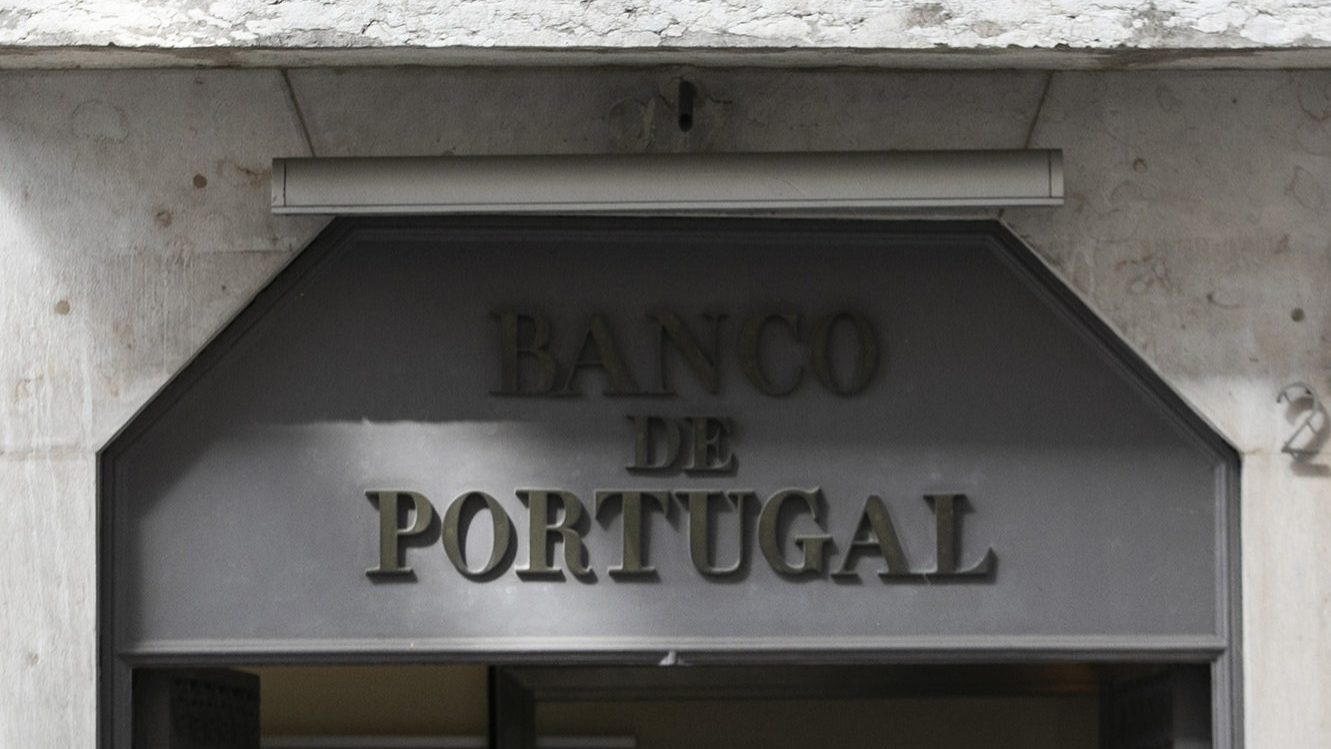Layoffs, loss of VAT revenue “may cost €600M/month” – ministry source
The new lockdown will have a huge impact on the government: the simplified temporary layoff scheme is expected to cost 300 million a month, the same amount of VAT revenue that is expected to be lost.
The simplified temporary layoff scheme instituted in Portugal during the Covid-19 pandemic and the loss of revenue from value-added tax during the lockdown may cost the treasury some 600 million euros per month, according to a source at the Ministry of Finance.
In periods with lockdown restrictions, “the most expensive measure is always the layoff,” whose monthly costs are “around 200 or 300 million euros,” based on government accounts that show 250,000 workers having already been covered by the measure.
“It’s a relatively lower number [of workers] than it was in the second quarter of last year, but the state is supporting a higher sum because it is now supporting one hundred percent” of pay, the source pointed out.
In the whole of last year, according to the Directorate-General of the Budget (DGO), layoffs cost the state 823.2 million euros, an expense that comes on top of other additional costs to social security, such as support for families (82.9 million euros), for independent workers (280 million euros) and for convalescence (158.7 million euros), and the stabilisation complement for workers who are laid off (58.3 million euros).
The lockdown could also lead to a loss of revenue from VAT of 300 million euros per month, according to the ministry source, who said that it “would not be surprising” if this amount were lost, while stressing that these are “estimates” based on “rough” calculations.
“The evolution of VAT last year was a little better than anticipated, but it fell very dramatically, and in the period of the second quarter about one billion euros were lost” in revenue from that sales tax.
In 2020, according to budget execution figures released by the DGO, the state collected 1,529.3 million euros less in VAT revenue compared to 2019, at total revenue of 16,333.2 million euros (down from 17,862.5 million euros in 2019).
Still, the possibility of an amending budget being needed this year is ruled out for now, albeit not totally excluded.
“In the loss of tax revenue compared to what was budgeted, you can always compensate with more debt within borrowing limits,” the source point out, adding that on the revenue side “there are, for now, no risks in the sense of needing a rectifying budget.
“But of course we are in a highly uncertain context and it cannot be ruled out,” the source added.
On expenditure, the ministry has also created a special appropriation for unforeseen events related to Covid-19, of 500 million euros, the source noted; within the Social Security budget, which is “large in size, there are some margins that can be taken advantage of.
“There has always been, every year, a management between rubrics depending on their execution, there is always some flexibility” to allocate funds for different purposes, and this remains true during the pandemic, the source stressed.
Not even the possibility of the state having to transfer to the Resolution Fund the sum intended to inject fresh capital into Novo Banco (the successor institution to Banco Espírito Santo) makes an amending budget more likely, with “several alternatives currently on the table” to circumvent parliament’s vote to cancel the €476 million transfer for this purpose, the source said.
Commenting on the European Commission’s forecast, released on Thursday, of a 2.1% drop in the country’s gross domestic product in the first quarter of this year from the final quarter of 2020, the source said that “it would not be surprising” that such a decline could be as large as 3% or 4%, depending on the severity of the lockdown.


